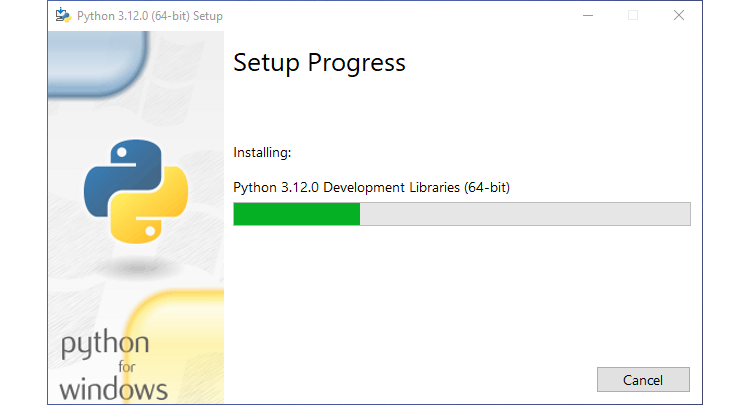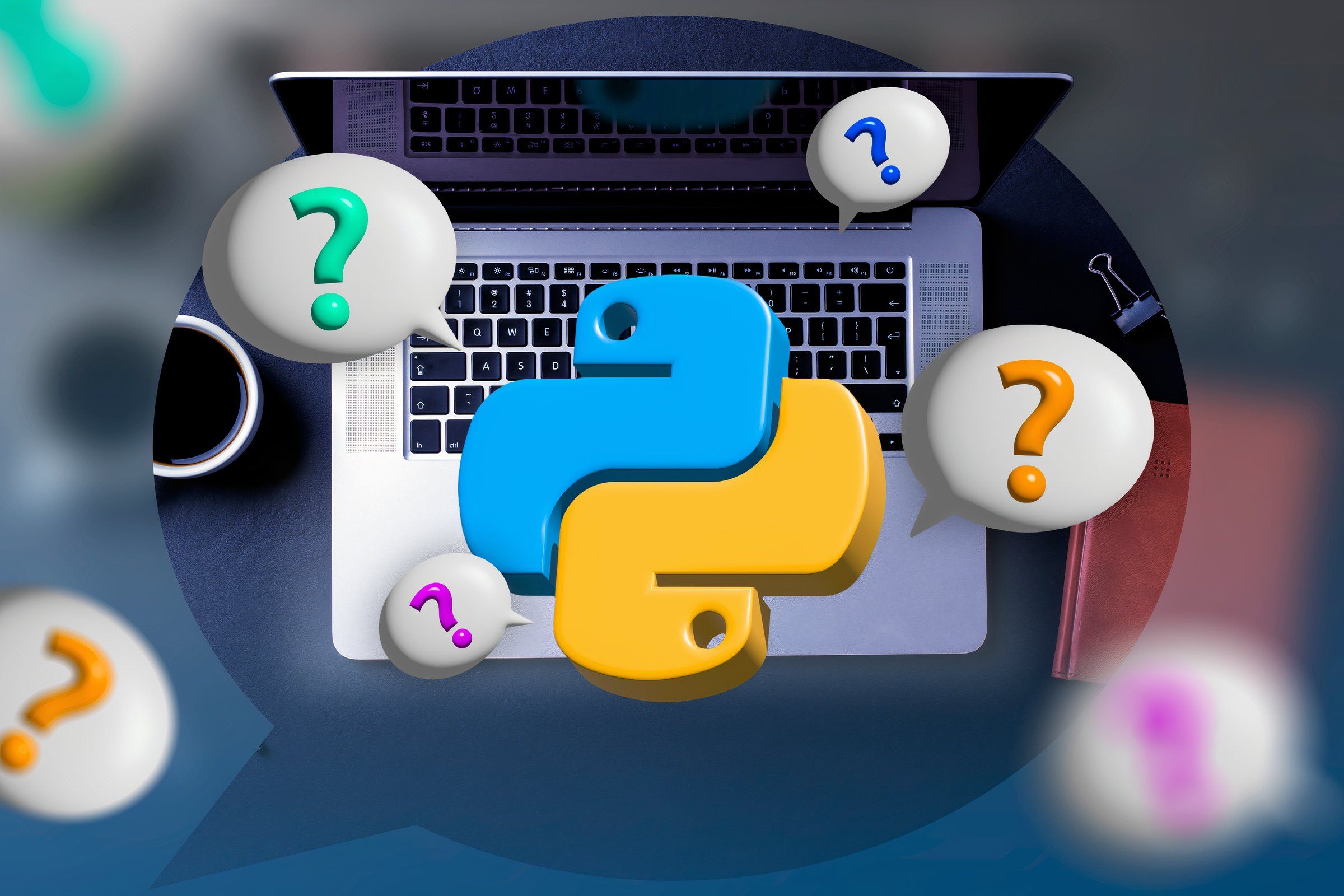Key Takeaways
- Python offers simple syntax and readability, making it ideal for new learners.
- Its versatility extends beyond development to data science, automation, game dev, and creative coding.
- Python’s automation capabilities can streamline daily tasks and add value to diverse careers, regardless of industry.
If you’ve considered learning Python but didn’t follow because you weren’t planning to get into development, then it’s time to rethink. Python has diverse applications, fun experiments to personal use cases. Here are all the reasons to start learning today.
1 Python Is Beginner-Friendly
Python is widely considered one of the most beginner-friendly programming languages, making it an ideal choice even for people without coding experience. Python’s syntax is simple, readable, and resembles everyday language, so it’s less intimidating for new learners than other languages. You don’t need to worry about complex syntax or overly technical jargon just to get started, which makes the learning curve much gentler.
A “Hello, World!” program is traditionally the first program beginners learn. Let’s compare how this looks in Python versus C. This is what it looks like in C:
#include int main() {
printf("Hello, World!\n");
return 0;
}
Now compare it to what it looks like in Python:
print("Hello, World!") In many other languages, a similar program might require multiple lines to set up, making it less intuitive for beginners. Python cuts out that extra complexity, allowing you to focus on learning core concepts rather than the language’s technical requirements. Python’s code is often described as being close to natural language, meaning it’s easier to read and understand, even if you’re new to programming.
Python is also easy to set up and start using. Unlike some languages that require extensive installation steps, complicated development environments, or dealing manually with PATH variables, Python can be installed and run from simple text editors or online platforms like Jupyter Notebook or Google Colab.
2 It’s a Versatile Language
One of Python’s biggest strengths is its versatility. Thanks to its extensive library ecosystem, Python can be used for a wide range of applications beyond traditional software development. From data science and AI to web development, automation, and even cybersecurity, Python’s flexibility allows people from different fields to capitalize on its power for their specific needs. This makes Python incredibly valuable, even if you don’t plan to become a professional developer.
Python is the language of choice for data science and machine learning (ML). With libraries like Pandas, NumPy, and Matplotlib, you can handle data manipulation, statistical analysis, and visualization with ease. Libraries such as scikit-learn, TensorFlow, and PyTorch make implementing machine learning models accessible for beginners and professionals alike.
Python is perfect for automating repetitive tasks, making it valuable for professionals in nearly any field. Whether it’s renaming files in bulk, sending automated emails, reading/writing files, or managing spreadsheets, Python can help save time and streamline workflows.
Python isn’t limited to purely technical applications. It’s also used in creative fields like game development and creative coding. With libraries like Pygame, you can create 2D games and interactive applications, even if you’re new to coding.
3 You Can Automate Your Daily Work
As I mentioned before, Python’s simplicity and extensive libraries make it ideal for automating repetitive tasks. The good part is that you don’t need to be a programmer to get started with basic automation, either. Even with minimal Python knowledge, you can automate common tasks like managing files, working with Excel, sending emails, or working with images.
For example, if you frequently download files and your Downloads folder becomes cluttered, Python can help you automatically organize files by type (let’s say, documents, images, videos.) With just a few lines of code, you can create folders for each file type and move files accordingly.
import osimport shutil
folder_to_organize = "/path/to/your/downloads/folder"
file_types = {
"Documents": [".pdf", ".docx", ".txt"],
"Images": [".jpg", ".jpeg", ".png"],
"Videos": [".mp4", ".mov", ".avi"]
}
for filename in os.listdir(folder_to_organize):
file_path = os.path.join(folder_to_organize, filename)
if os.path.isfile(file_path):
for folder, extensions in file_types.items():
if any(filename.endswith(ext) for ext in extensions):
folder_path = os.path.join(folder_to_organize, folder)
os.makedirs(folder_path, exist_ok=True)
shutil.move(file_path, folder_path)
break
This script scans the specified folder, checks the file type, and moves each file into its designated folder. Now, instead of manually sorting files, you can run this script whenever you need to organize your downloads, saving you time and keeping your workspace clutter-free.
4 It Can Add Value to Your Career
Whether you’re planning to start your career in tech, automate some of the tasks you’re already doing in your job, or plan to do a career switch, Python could help you gain the upper hand. I’ll be honest: I’m not a full-time developer, but picking up Python opened doors I didn’t even know existed. I use it frequently to create small projects that help my daily life and work. I mostly use Python to deal with analyzing image files, web pentesting, and testing machine learning models.
The best part? You don’t even have to work in tech to benefit from Python. Suppose, you work in marketing and want to analyze website traffic or customer data to make data-driven decisions. Python allows you to gather, clean, and visualize data on your own. There are many Python libraries that will allow you to analyze customer trends and spot patterns, as well as present insights to your team, making you a more informed and influential contributor.
So, even if you don’t plan to enter the tech field, having Python in your toolkit shows that you’re adaptable and resourceful. Employers love seeing candidates who can streamline workflows, analyze data, or even just come up with creative solutions to everyday problems. It’s one of those skills that quietly makes you indispensable.
Python is a fun language to learn and work with. Besides, you could use it for all kinds of work. If you’re interested in learning, start with the basics, such as knowing the important Python terms. Once you have the hang of it, start building small projects like a quiz app or a simple chatbot.







